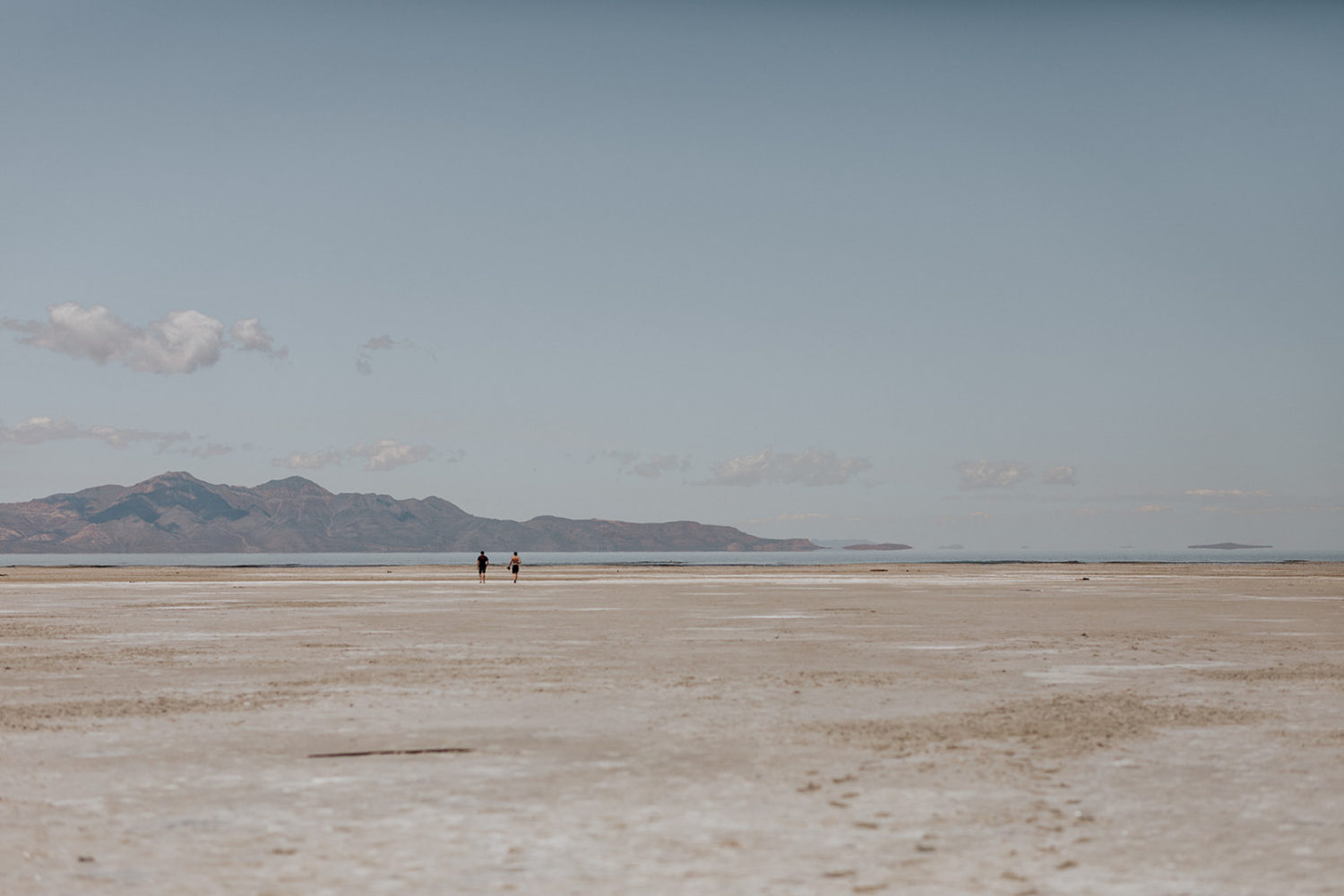If you live in a landlocked area or have a perfectly reasonable case of climate avoidance, it can be hard to conceptualize that people are currently experiencing life-altering effects of climate change. We know from the environmental justice movement that environmental degradation doesn’t affect people equally, but this can present itself on a scale much larger than a backyard or community.
Small Island Developing States, known as SIDS, are a group of 58 territories recognized by the UN as developing with specific social, economic, and environmental vulnerabilities. Jamaica, Samoa, Singapore, and Puerto Rico are all islands classified as SIDS. Their small geographic size, remoteness from international markets, reliance on biodiversity and natural resources for tourism, and weak economic diversification make them particularly vulnerable to economic and climatic shifts. These characteristics decrease their resistance and resilience to impending global changes.
While the aggregate population of SIDS makes up approximately one percent of the world population, the actions that our leaders and societies take to assist those on the frontlines of climate change will set the stage for a future global response. The economic support and potential relocation of these communities are challenges that can no longer be projected for the future.
Overlooking the Most Vulnerable
Preparing for climate change requires three components: reducing greenhouse gas emissions to mitigate changes, adapting to changes, and dealing with loss and damages that incur even with mitigation and adaptation. As greenhouses gas concentrations continue to grow exponentially, the effects of global warming will impact the entire Earth. Take the example of declining fisheries in Seychelles in East Africa— and in many SIDS— due to dying coral reefs, extreme weather, coastal erosion, overfishing, and overtourism. Small islands themselves do not have the environmental impact to cause this degradation. The primary causes of greenhouse gas emissions and therefore climate change are developed countries that hold immense global power.
Dr. Neil Oculi has negotiated at the United Nations Climate Change Conference as part of St. Lucia’s delegation, and he has seen that conversations around climate change are led by wealthy countries and framed around change mitigation. Developed global powers are still forecasting decades down the line and cushioning for predicted impacts, centering climate change mobilization around their perceived experience.
“If countries agree that there are inherently losses and damages due to climate change, the next thing we have to agree on is who is going to pay for it?” Oculi said. “This is a fundamental problem because countries have not been putting in the necessary resources to address each part of the problem.”
SIDS, because of their geographic and socio-political locations, are past the point of mitigation. They are already dealing with losses. A lack of clout on the international scale leaves them one step behind developed countries and forced to think ahead. They feel very tangible impacts of climate change in the form of crop loss, sea-level rise at rates up to four times the global average, damage to critical infrastructure, and the world’s highest frequency of natural disasters.
Working Towards a Global Response
The timeliness of disruption caused by climate change highlights a need for solutions more comprehensive than solely disaster relief and emergency funding. The current focus for disaster preparation is assessing climate risk to develop resilience through climate and disaster risk finance and innovative insurance solutions. Challenges with insurance arise, however; the small geographic and market sizes make SIDS unattractive to the private sector, and slow onset events like salinity changes and sea-level rise are generally not insurable. As a result, a creative approach to funding risk financing and developing policy solutions with support from the international community is needed to protect the tangible and intangible value of people and nature.
Hurricane Maria hit Dominica, an island in the eastern Caribbean, in 2017, causing damage equivalent to 224 percent of the island’s GDP. Ex-post financing was crucial, but Dominica also mobilized to become more climate change resilient; a plan to build hurricane-proof infrastructure, decrease agricultural import reliance, ban plastic, and diversify its economy was put into action. The plan’s effectiveness suggests that a more effective form of international aid is perhaps to help small islands adapt for resilience while concurrently bracing their economies.
Developed countries should not completely bypass a goal of mitigation. Debtors and creditors can protect nature by utilizing creative approaches like agreements between debtors and creditors to reduce SIDS debt in exchange for an ongoing commitment, for example.
Smaller-Scale Activism for SIDS
Individuals may not have the means to develop an all-encompassing aid system for SIDS, but Dr. Oculi urges students, particularly those in developed countries, to remember that we wield a lot of power. Educating ourselves and the people around us, participating in grassroots movements, and engaging with political processes are ways to communicate the importance of accountability for climate change to aid the most vulnerable and impacted.
